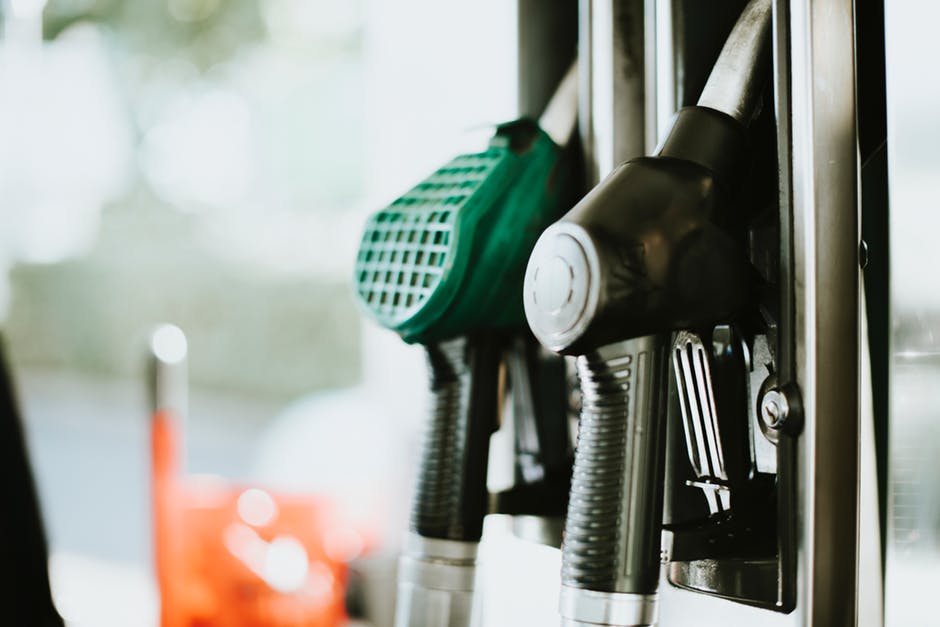What should fuel a decision between a gas and a diesel engine?
When it comes to what type of vehicle or equipment to choose, there are a number of pros and cons of a diesel vs gas engine. The right choice comes down to how the engine will be used, as well as how high your budget is.
Read on to learn more about the difference between diesel and gas, and which one is more suitable for your needs.
The Longevity of a Diesel vs Gas Engine
One of the key factors when it comes to choosing between a gas and diesel engine is how long they will last.
While gas engine cars can last longer due to advancements such as hybrid technology, diesel still emerges as the clear winner in this category.
How much more? The most durable diesel engines often last upwards of 200,000 miles. A diesel engine is typically built from more heavy-duty components, and it runs at much less RPM than a gas engine – meaning less wear on moving parts.
A diesel air filter is designed differently than a gas air filter, and it can be rejuvenated thanks to an air filter cleaner.
Cost of Fuel
The price of gas and diesel can fluctuate, but typically you’ll pay about 25 percent less for diesel fuel than you would for a comparable gas engine.
This is handy if you make a lot of long-distance trips and don’t necessarily want to stop for fuel often. However, while this could potentially save you money in the long haul, it won’t necessarily save you money as we’ll explain in the next section.
Diesel often also costs more per gallon, which negates some of the fuel economy benefits.
Costs of Vehicles
If we’re comparing cars and trucks, then you’ll usually end up paying more up-front for diesel vs a gas engine.
How much more? In the case of a heavy-duty truck, you could be paying more than $10,000 more compared to its gas-powered counterpart.
However, it’s important to compare all of the features when shopping for a gas or diesel engine so you know you’re making a fair comparison.
Pulling Its Weight
Another popular comparison when choosing vehicles is horsepower and torque, which are not the same.
When it comes to horsepower, gas engines usually have the edge. That means faster acceleration and higher top speed.
However, torque is a different story. Diesel engines typically have more torque, which will increase the size of a load that a vehicle can haul.
Choose the Engine That’s Right for You
When it comes to the debate about a diesel vs gas engine, the winner is decided by a number of factors.
For example, if you’re going to haul heavy loads, the diesel engine might be the wiser choice. However, if it’s the performance you’re looking for, then gas might be the right route.
Did you find this article useful? If so, be sure to come back often for other similar content.

